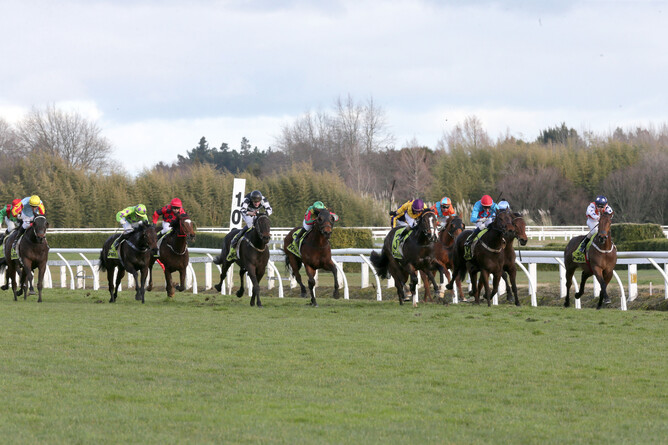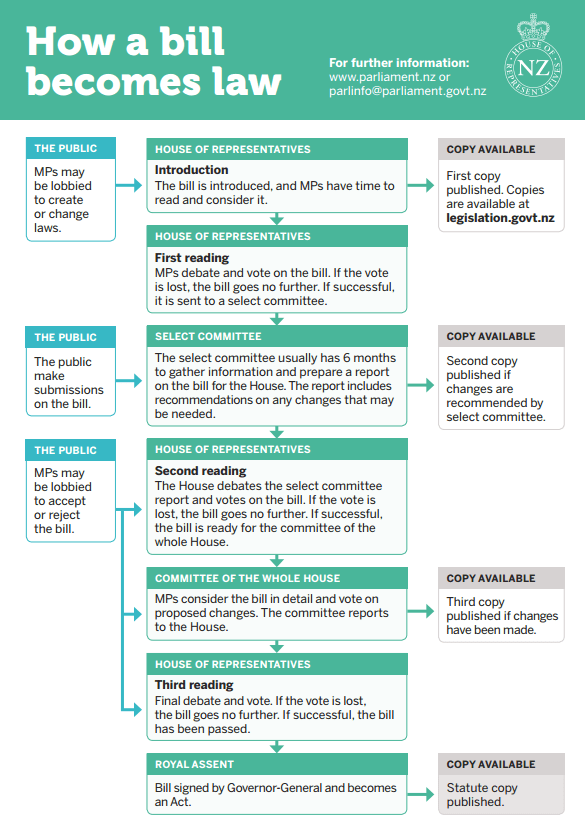The changes to the racing industry, as laid out in the Messara Report, have now been drafted into the Racing Industry Bill (Bill Two) and is currently before Parliament.
This Bill finalises the post-transition governance structure of the racing industry, creates a legislative framework to enable property to better benefit the racing industry, and enables new ways of seeking approval for betting products.
The Bill will create a new Racing Industry Act that amalgamates the exiting provisions from the Racing Act 2003, with policy decisions agreed by Cabinet in November 2019. The new Act will have a refreshed purpose that includes a focus on minimising harm from gambling and will provide a high-level overview of the industry that recognises the industry’s pivot to a more commercial operation.
You can view the Bill online at: http://www.legislation.govt.nz/bill/government/2019/0198/latest/LMS291924.html?search=y_bill_2019__bc%40bcur_an%40bn%40rn_25_y&p=1
Codes:
- No more requirement to have SOIs etc. approved – these go to the Minister;
- The Minister can intervene either in relation to appointing directors or discharging functions;
- No more requirement to have Rules approved;
- Implied power to approve/disapprove Club constitutions;
- Power to force dissolution of a Club and transfer of its assets to the Code;
Integrity:
- Single RIB to conduct all integrity functions;
- Minister to appoint seven members following TAB/Code nominations;
- TAB to fund RIB by agreement (budget approved by Minister) with Ministerial power to intervene;
- RIB to prepare SOI/business plan, consult Codes/TAB NZ, and submit to Minster
TAB NZ:
- Board of 7 appointed by Minister following nominations from Codes/Sport NZ;
- May enter into a partnering agreement but only with Ministerial approval;
- Owns all racing Intellectual Property which relates to race footage and betting information etc.
Parliament legislates by examining bills (proposed laws), making amendments to them, and agreeing their final form. The bills then become Acts of Parliament. This is a Government Bill as opposed to a Private Members Bill.
Under the legislative process a Bill is introduced to Parliament with its explanatory notes. The member responsible for the Bill then introduces the Bill for the First Reading and leads the debate. At the end of the debate the House votes on whether the Bill should pass it’s first reading and proceed to Select Committee or be defeated.
The Select Committee then has around six months before it reports and presents the Bill for its Second Reading. In that time the Select Committee calls for submissions, hears evidence on those submissions, and makes any necessary recommendations to the House.
Once the House has received the Select Committee report the Bill can proceed to the Second Reading where the main debate on the Bill takes place and the recommended amendments are introduced.
It then proceeds to the Committee of the Whole House where each clause and part are given details, explanation and any further amendments are made before it being presented for the Third Reading and final debate. Once a bill’s third reading has been agreed, it has been passed by the House but it has one further step before it becomes law.
At any of these steps, a vote in the House can result in the bill being defeated.
The NZTBA Council will be studying this Bill closely and working with NZTR and other sector groups to ensure that the legislation is fit for purpose and suggest that members make submissions as well. -NZTBA



